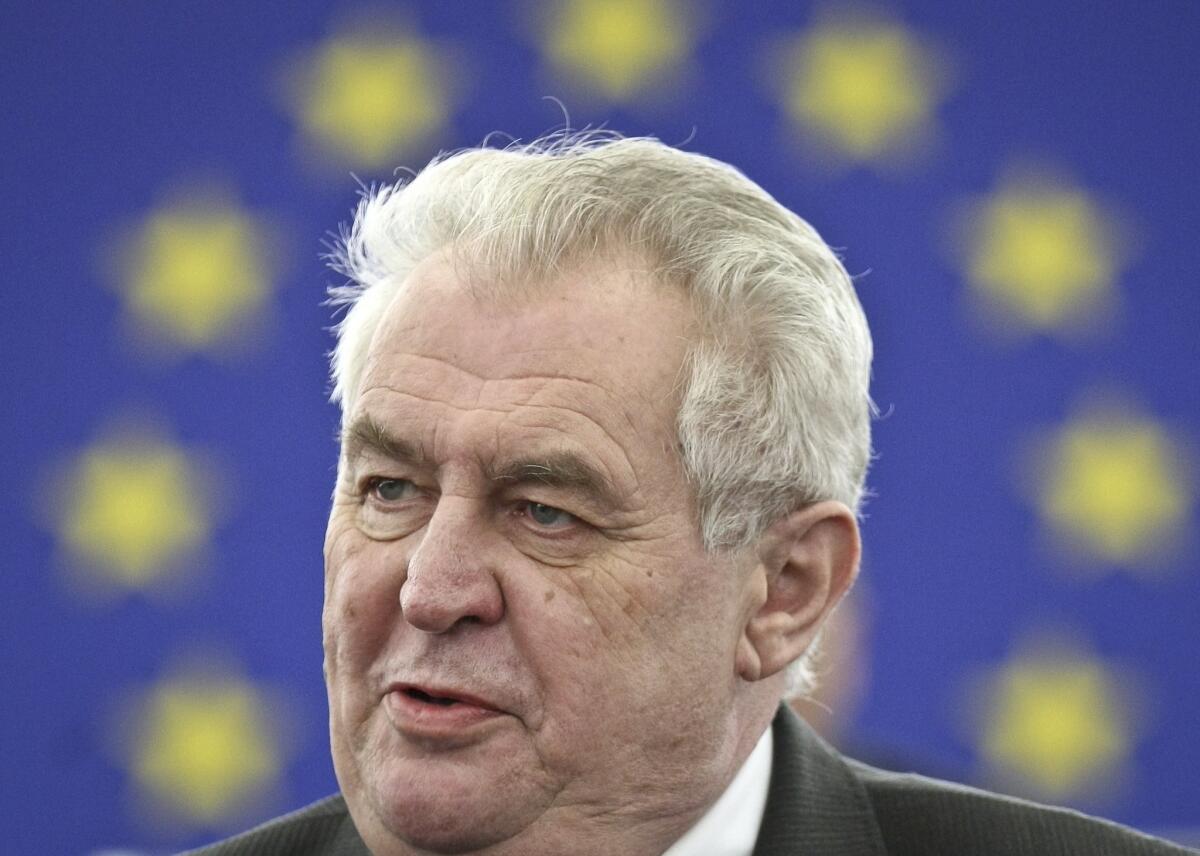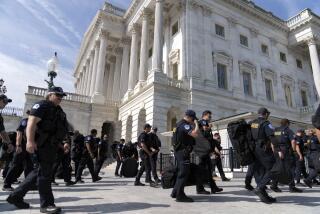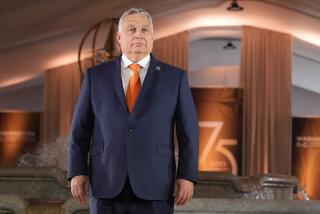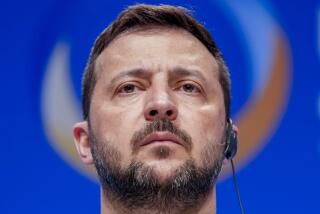Czech president breaks with allies over Russia parade, blasts U.S. envoy

Czech President Milos Zeman has stirred discord within the European Union with his decision to attend the Kremlin’s May 9 Victory Day celebrations being boycotted by most Western states.
Czech President Milos Zeman has stirred criticism within his Prague leadership, divided the European Union, made isolated Russians gleeful and led to the U.S. ambassador to the Czech Republic being banned from Prague Castle.
The uproar, in a country once dominated by the Soviet Union, stems from Zeman’s plans to attend a May 9 Victory Day parade in Moscow.
Most Western leaders have sent their regrets to Russian President Vladimir Putin’s invitations for celebration of the 70th anniversary of the Allied defeat of Nazi Germany. Their responses amounted to a unified reprimand of Russia’s seizure of Crimea last year and its support for separatist rebels occupying eastern Ukraine.
Almost unified.
Zeman, whose post is supposed to be ceremonial and removed from foreign policy decisions, has bolted from the Western pack and announced that he will attend the Red Square parade to honor the memory of Soviet soldiers who liberated Czechoslovakia from the Nazis.
That decision prompted U.S. Ambassador Andrew Schapiro to observe via Twitter that Zeman’s presence at the parade might prove “awkward,” as he will be the only head of state from the 28-nation European Union in attendance. He will be in the company of the leaders of China, North Korea, Serbia and other states not yet emerging from communist rule.
Zeman reacted to Schapiro’s tweet with fury.
“I can’t imagine the Czech ambassador in Washington would give advice to the American president where to travel,” Zeman told the online news site Parlamentni Listy. “I won’t let any ambassador have a say about my foreign travels. ... I am afraid that after the statement, Schapiro’s door to the Prague Castle is closed.”
Czech government leaders, who have stood with their European Union allies on sanctions against Russia and refrained from high-level visits to Moscow, were quick to distance themselves from the president. Business New Europe, an online Eastern European news site, chastised the Prague cabinet officials for being too mild-mannered in their attempt “to take ownership of the country’s foreign policy from the loose cannon that is President Milos Zeman.”
Czech Prime Minister Bohuslav Sobotka told Ceska Televize on Monday that it was “unsuitable” for Zeman to bar Schapiro from the historic castle, and said he wished the president’s attitude toward foreign policy would be “a bit more professional.”
Foreign Minister Lubomir Zaoralek tweeted Tuesday that “the president’s words are unfortunate and not very diplomatic,” and criticized his “closing doors” on allied envoys.
Russian media have reported on the spat with cheers for Zeman’s defiance and gleeful proclamations of an end to U.S. power to dictate policy in Eastern Europe.
“The loyalty to the legacy of Soviet troops who died in their fight against fascism does credit to Zeman,” Konstantin Dolgov, the head of the Russian Foreign Ministry’s human rights commission, told journalists in Moscow.
“A European head of state has decided to stand up to American bullying,” Russia Today television said in a commentary that cast U.S. diplomatic postings as sinecures issued in reward for campaign fundraisers who help put a president in the White House.
Russia’s Sputnik news agency quoted Czech writer Petr Hajek as saying that Schapiro “behaves himself as if he were on conquered territory” and praised Zeman for refusing to serve as a figurehead for “a protectorate of the United States.”
Leaders of the United States, France and Britain attended previous landmark anniversaries of the World War II victory, in honor of the shared accomplishment with the Soviet Union and the millions of Soviet lives lost in turning back the Nazi scourge.
This year, though, President Obama, British Prime Minister David Cameron, German Chancellor Angela Merkel and the presidents of Lithuania, Latvia, Estonia, and Poland have declined to attend in protest of Russia’s aggression against Ukraine.
“Even during the Cold War there was respect for the memory of the alliance, and an enduring sense that even if we have adversarial relations now, we were allies before and could be again one day,” said Dmitri Trenin, director of the Carnegie Moscow Center think tank. “Today it is the opposite. There is nothing that people in the West think can unite us.”
Follow @cjwilliamslat for the latest international news 24/7
More to Read
Sign up for Essential California
The most important California stories and recommendations in your inbox every morning.
You may occasionally receive promotional content from the Los Angeles Times.











